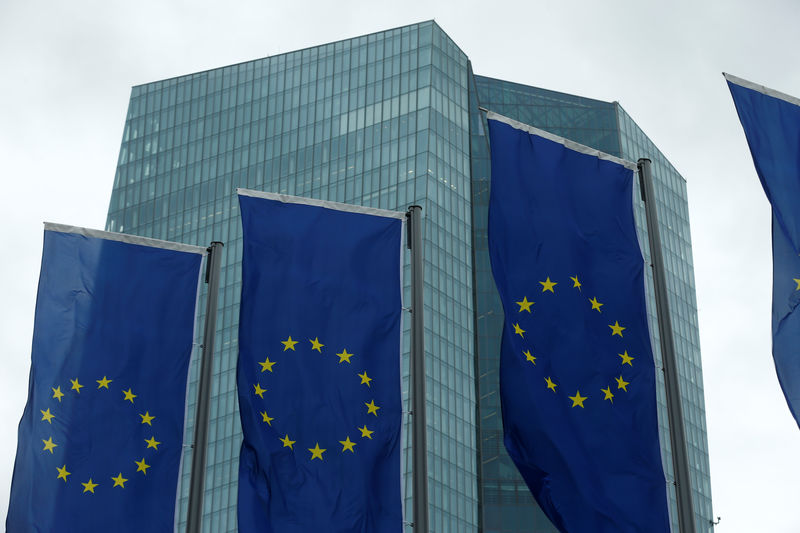
According to the investment bank, the race has gained momentum following Kamala Harris’s entry, with her campaign surpassing Donald Trump’s in key areas such as fundraising and poll performance. While the election’s outcome remains uncertain, the potential impacts on Europe are becoming clearer.
Trade is expected to be a major concern for Europe, regardless of who wins the White House.
The U.S. is the European Union’s largest trading partner, and any shift in U.S. trade policy could ripple across the continent.
“Our expectation is that under any scenario, there is a very low chance of a significant trade deal between the EU and the US,” UBS’s report states.
Instead, attention will likely focus on potential protectionist measures, particularly under a Trump administration. His campaign has floated extreme tariff measures, such as a 10% tariff on all imports, which could be used as leverage in negotiations to reduce the trade deficit and promote U.S. manufacturing.
A Harris presidency, in contrast, is expected to maintain continuity in trade and defense policies, which could prove less disruptive for European investors.
UBS suggests that “a Harris presidency should largely represent continuity and potentially a more predictable policy path on defense and trade.” This stability could mitigate risks to economic growth in Europe, providing a more favorable environment for investment.
On defense, European nations are already preparing for a future where U.S. support cannot be taken for granted.
The report highlights that “irrespective of the outcome of November’s presidential ballot, European countries are already aware that they need to devote more resources to defending themselves.”
This is particularly pressing given the recent increases in defense spending due to the energy crisis and the conflict in Ukraine. A Trump victory might accelerate this need, potentially straining European budgets, while a Harris administration could offer more time to adjust.
“In addition, if Europe were to divert more funding to Ukraine to make up for waning US support, we could see additional strains on finances in the absence of an end to the conflict,” UBS continued.
“Even in countries with relatively healthy finances such as Germany, political pressures are starting to raise questions about how willing and able Europe is to run larger-than-usual deficits.”
Overall, UBS believes that the U.S. election will influence the timing of European defense spending more than the ultimate direction.
A Trump presidency could accelerate the need for increased spending, while a Harris presidency may allow for more gradual adjustments. Though immediate spending could strain budgets due to Europe’s limited defense manufacturing, UBS believes long-term economic benefits might arise from enhanced capacity and innovation in the sector.
To read the full article, Click Here

